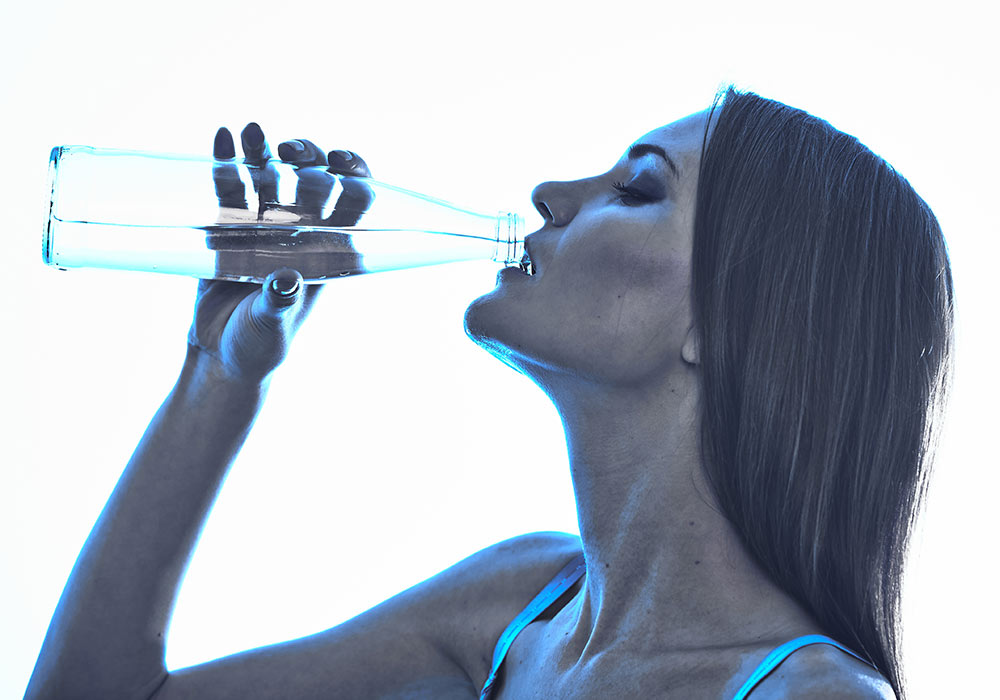Water is essential for life, but not all water is created equal. Hard water, characterized by high levels of minerals like calcium and magnesium, can wreak havoc on your home’s plumbing, appliances, and even your skin and hair. Fortunately, water softening systems offer a solution to this common problem, providing homeowners with a host of benefits. Exploring the importance of water softening systems, their benefits, and the different options available for transforming your home’s water quality is a vital piece of research for any homeowner.
Before delving into water softening solutions, it’s important to understand what hard water is and how it affects your home. Hard water contains an abundance of dissolved minerals, which can leave behind limescale deposits on fixtures, appliances, and plumbing fixtures. Over time, these deposits can lead to reduced water flow, decreased appliance efficiency, and costly repairs. Additionally, hard water can leave skin feeling dry and irritated and cause hair to become brittle and dull. Installing a water softening system in your home offers a multitude of benefits, both for your property and your personal comfort.
Water softeners help prevent limescale buildup in appliances such as dishwashers, washing machines, and water heaters, extending their lifespan and reducing the need for costly repairs or replacements.
Softened water feels noticeably smoother and silkier on the skin, making showers and baths more enjoyable. It also leaves dishes and glassware sparkling clean, without the streaks and spots caused by hard water deposits. By preventing scale buildup in water-using appliances, water softeners can improve energy efficiency and reduce utility bills. Appliances operate more efficiently when free from mineral deposits, resulting in lower energy consumption and associated costs.
Hard water can corrode pipes and plumbing fixtures over time, leading to leaks, clogs, and other plumbing problems. Water softening systems help protect your home’s plumbing infrastructure, minimizing the risk of costly repairs and maintenance. Softened water is gentler on the skin and hair, helping to alleviate dryness, itching, and irritation. By removing harsh minerals, water softeners can improve the overall health and appearance of your skin and hair, leaving them feeling soft, smooth, and hydrated.
When it comes to choosing a water softening system for your home, several options are available to suit your specific needs and preferences!
These traditional water softeners use resin beads to exchange sodium ions for calcium and magnesium ions, effectively softening the water. Salt-based systems require periodic replenishment of salt pellets and regeneration cycles to maintain effectiveness.
Unlike traditional water softeners, salt-free water conditioners use various technologies such as template-assisted crystallization (TAC) or chelation to neutralize minerals without adding sodium to the water. While these systems do not remove minerals from the water, they prevent scale buildup and offer an eco-friendly alternative to salt-based softeners.
Ideal for homes with high water usage, dual-tank water softeners feature two resin tanks that alternate between regeneration cycles, ensuring a continuous supply of softened water. These systems are more efficient and provide uninterrupted soft water flow, even during regeneration.
Investing in a water softening system is a wise decision for homeowners looking to protect their property, improve water quality, and enhance personal comfort. Whether you opt for a traditional salt-based softener, a salt-free conditioner, or an alternative solution, the benefits of softened water are undeniable. Choosing the right water softening system for your home allows homeowners to enjoy the peace of mind knowing that your water is free from harmful minerals and conducive to a healthier, happier lifestyle.


